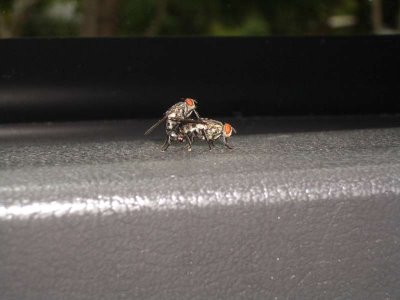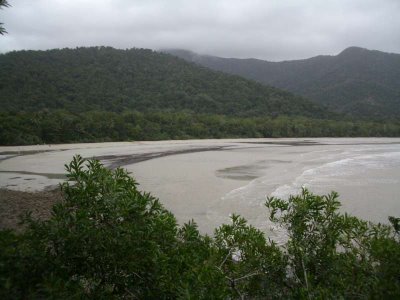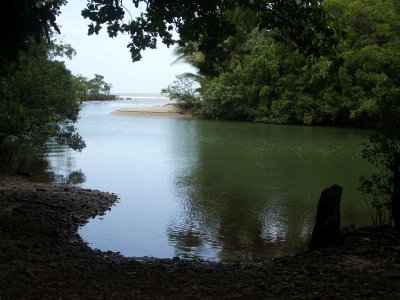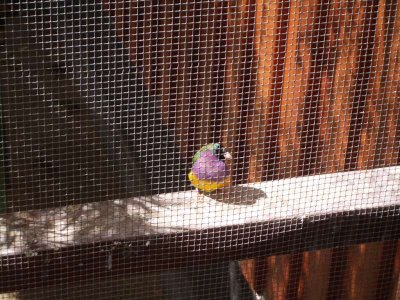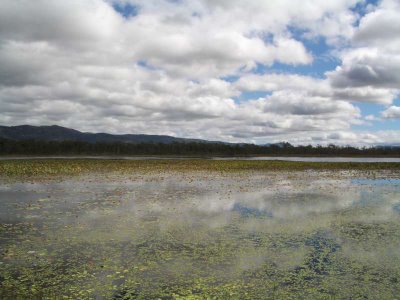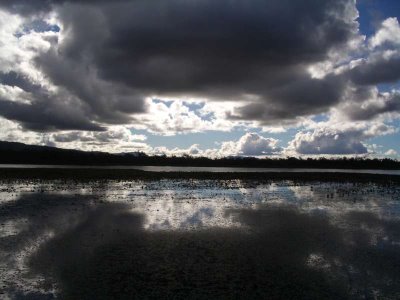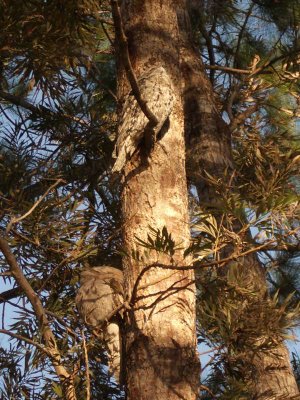Daniel left a week later for Darwin where he flew on to Dili. I stayed in Cairns a few more nights before catching a four day/three night tour bus across the
Savannah Way to Darwin. We did 3,000km in four days so as you might guess, we spent most of the time sitting on a bus but it was worth it despite having to rise at 5am every morning in order to fit in 750km a day! I fell in love with the red earth, endless blue sky and diverse native landscapes which included many colourful and beautiful flowering trees and shrubs, not to mention the abundant bird life. The highlight was
Boodjamulla (Lawn Hill) National Park where we only had two hours but I spent it well canoeing up the lake and swimming in its cool waters.
The people on the tour were an interesting bunch of mainly backpackers from Europe on one year working holidays to Australia (England (3), Belgium (1), The Netherlands (5), Germany (4), France (1), Italy (2), Switzerland (3), Sweden (1), Slovenia (2)), Canada (3) and South Korea (1). I befriended the South Korean woman (the only person from Asia on the tour) and she turned out to be the only person to ask me anything about East Timor! The rest simply showed no interest and instead (understandably), broke off into regional and language groups. The Europeans talked a lot about the European Union and after having just read
Peter Singer’s One World: the Ethics of Globalisation decided that the world had a long way to go before its citizens considered themselves internationalists and not nationalists or regionalists.
Despite the presence of a retired Dutch couple in their mid 60s and a father in his late 30s/early 40s and his 12 year old daughter from Slovenia, the average age of the group was around 22 and I felt decidedly old. I took my first group tour 14 years ago (at the age of 22) in the USA and Canada and still remember it well. Even then I knew I had an internationalist orientation and in fact got into an argument with two Scottish lassies who were incensed that I held two passports and told me I had to make up my mind which country I wished to belong to. When I explained that I was a global citizen, I think it just went over their heads.
Unfortunately on this trip I also encountered at least one nationalist: this time a Canadian. Now normally I really like Canadians, after all I lived there for two years and it is my favourite country in the world, but this one drove me crazy. I made what I thought was a humorous comment about the number of Aussie flags I had encountered in Queensland both outside private homes and on caravans in parks (the former is a rare sight in my home state of Victoria) and that I wondered whether there were so many simply to remind me which country I was in because I might forget. She came out with her rah, rah, let’s all fly the Canadian flag and be proud of our nation drivel, and I really had to hold my tongue from saying, “which province are you from again, oh, that’s right, Calgary, Alberta, home of the Reform party”. (It turned out that her mother proudly flies the Canadian flag outside her home in Calgary.) The woman from Sweden had just commented that in her country the flag and anthem are now so entwined with racist groups and parties, that no one else can use these symbols of nationalism without being tainted a racist. I thought how sad and noted the irony of the Canadian woman’s nationalistic fervour as being a good thing in her eyes, when for most (particularly now in Europe) it is seen as a sign of racism and exclusion. I don’t think she drew any links between the two.
The Canadian then went on to say that her government wanted to changed its constitution to remove the word God. When I said it was obviously a political issue she said no, religious. I asked, “how’s that?” and she said that religious minorities were agitating to have it removed and that in her opinion, the constitution was good as it was and should be left in its original form. I daren’t not say well actually, the decision to change the constitution is a political not a religious one and that the government was probably endeavouring to be more inclusive and that religious minorities did not have enough political clout to change such an important document. She then piped up with her defence: “well, I stay well out of politics” but continued to profess her very uninformed political opinions. When I brought up the fact that Canada had changed both its national anthem and flag she looked at me blankly. When I asked “so what do you think about that?” She replied she had no idea what I was talking about. When I, an Australian had to explain to a Canadian, her country’s history, I knew right there and then that Western civilisation was in peril! Canada changed its flag from one with the British Union Jack to the current maple leaf in1965 and its national anthem from God Save the Queen to O Canada in 1980. She had no idea and yet propounded all these nationalist, small minded, uninformed views that in the end, I simply dropped the conversation. As much as I would have liked to, I certainly was not going to try and discuss Peter Singer’s ideas about globalization! (I feared that she did not know much if anything about philosophy let alone who Peter Singer is, and I didn’t want to embarrass her further; I’m simply not that much of a sadist.) And when it became obvious that she had a crush on our likewise Aussie nationalist driver, I wanted to dry wretch. Still, I thought they’d make a good pair but I could well imagine a few arguments ensuing as to which country they’d live in and then which country’s flag would ultimately take pride of place outside their home.
Needless to say, I was relieved to get off the bus in Darwin!
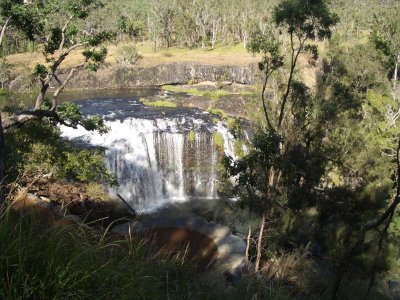 Millstream Falls, Queensland
Millstream Falls, Queensland
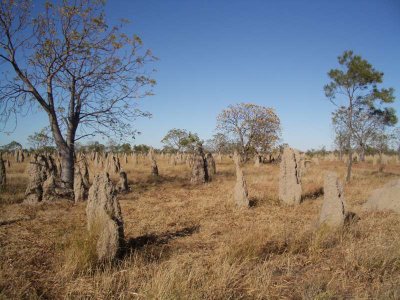 Termite mounds along the Matilda Highway, Gulf Savannah country, Outback Queensland
Termite mounds along the Matilda Highway, Gulf Savannah country, Outback Queensland
 Termite mounds and colourful flowering tree along the Matilda Highway, Gulf Savannah country, Outback Queensland
Termite mounds and colourful flowering tree along the Matilda Highway, Gulf Savannah country, Outback Queensland
 Gregory River at Gregory Downs, off the Matilda Highway, Gulf Savannah country, Outback Queensland
Gregory River at Gregory Downs, off the Matilda Highway, Gulf Savannah country, Outback Queensland
 Boodjamulla (Lawn Hill) National Park, off the Matilda Highway, Gulf Savannah country, Outback Queensland
Boodjamulla (Lawn Hill) National Park, off the Matilda Highway, Gulf Savannah country, Outback Queensland
 Boodjamulla (Lawn Hill) National Park, off the Matilda Highway, Gulf Savannah country, Outback Queensland
Boodjamulla (Lawn Hill) National Park, off the Matilda Highway, Gulf Savannah country, Outback Queensland
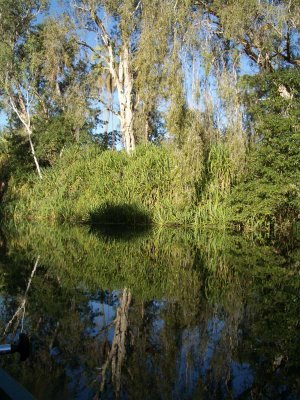 Boodjamulla (Lawn Hill) National Park, off the Matilda Highway, Gulf Savannah country, Outback Queensland
Boodjamulla (Lawn Hill) National Park, off the Matilda Highway, Gulf Savannah country, Outback Queensland
 Pretty native pink flora, off the Matilda Highway, Gulf Savannah country, Outback Queensland
Pretty native pink flora, off the Matilda Highway, Gulf Savannah country, Outback Queensland
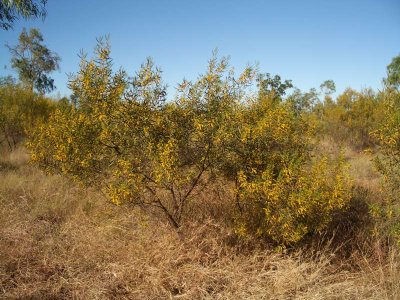 Yellow wattle, off the Matilda Highway, Gulf Savannah country, Outback Queensland
Yellow wattle, off the Matilda Highway, Gulf Savannah country, Outback Queensland
 From the top of Caranbirini Conservation Reserve in Outback Northern Territory, the moon rose ...
From the top of Caranbirini Conservation Reserve in Outback Northern Territory, the moon rose ...
 as the sun set
as the sun set
 The historic Daly Waters pub festooned with glorious pink bougainvillea in Outback Northern Territory
The historic Daly Waters pub festooned with glorious pink bougainvillea in Outback Northern Territory
 Red bougainvillea against a cloudy blue sky
Red bougainvillea against a cloudy blue sky
 Mataranka natural hot springs near Katherine, Outback Northern Territory
Mataranka natural hot springs near Katherine, Outback Northern Territory

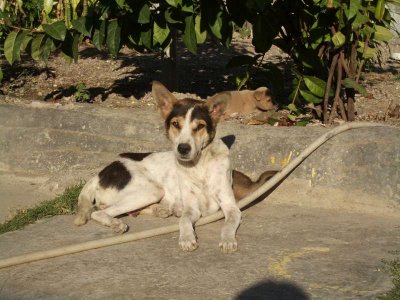


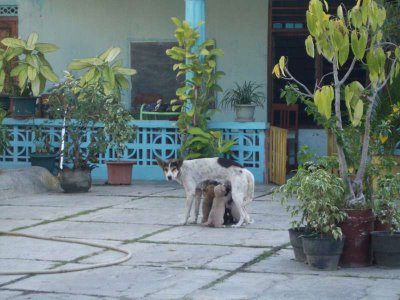




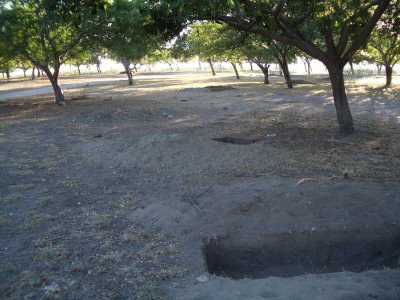
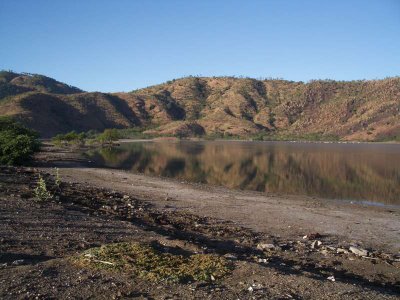
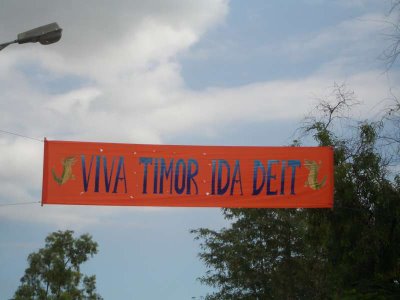

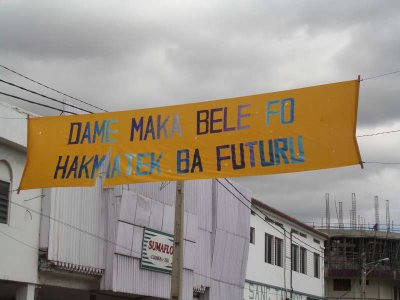
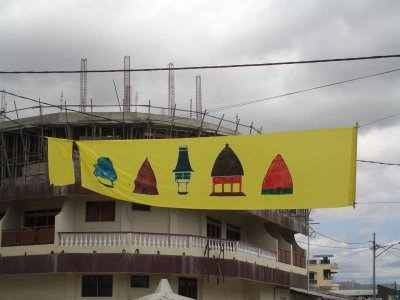
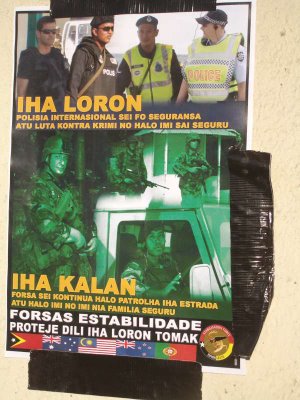
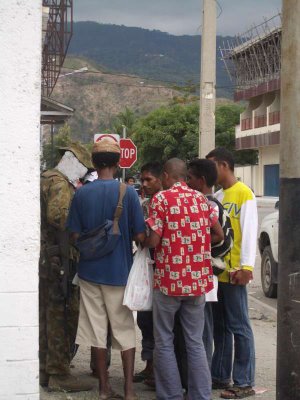
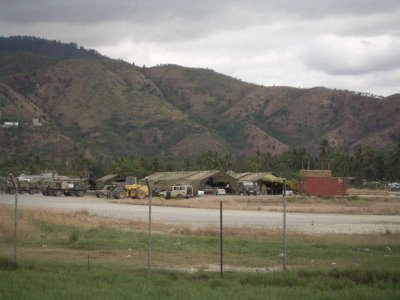
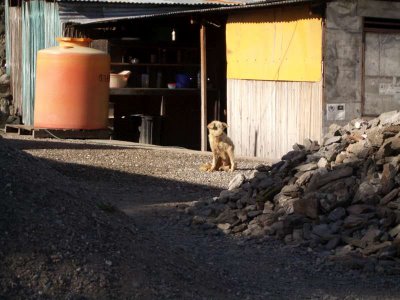








 Yellow wattle, off the Matilda Highway, Gulf Savannah country, Outback Queensland
Yellow wattle, off the Matilda Highway, Gulf Savannah country, Outback Queensland





